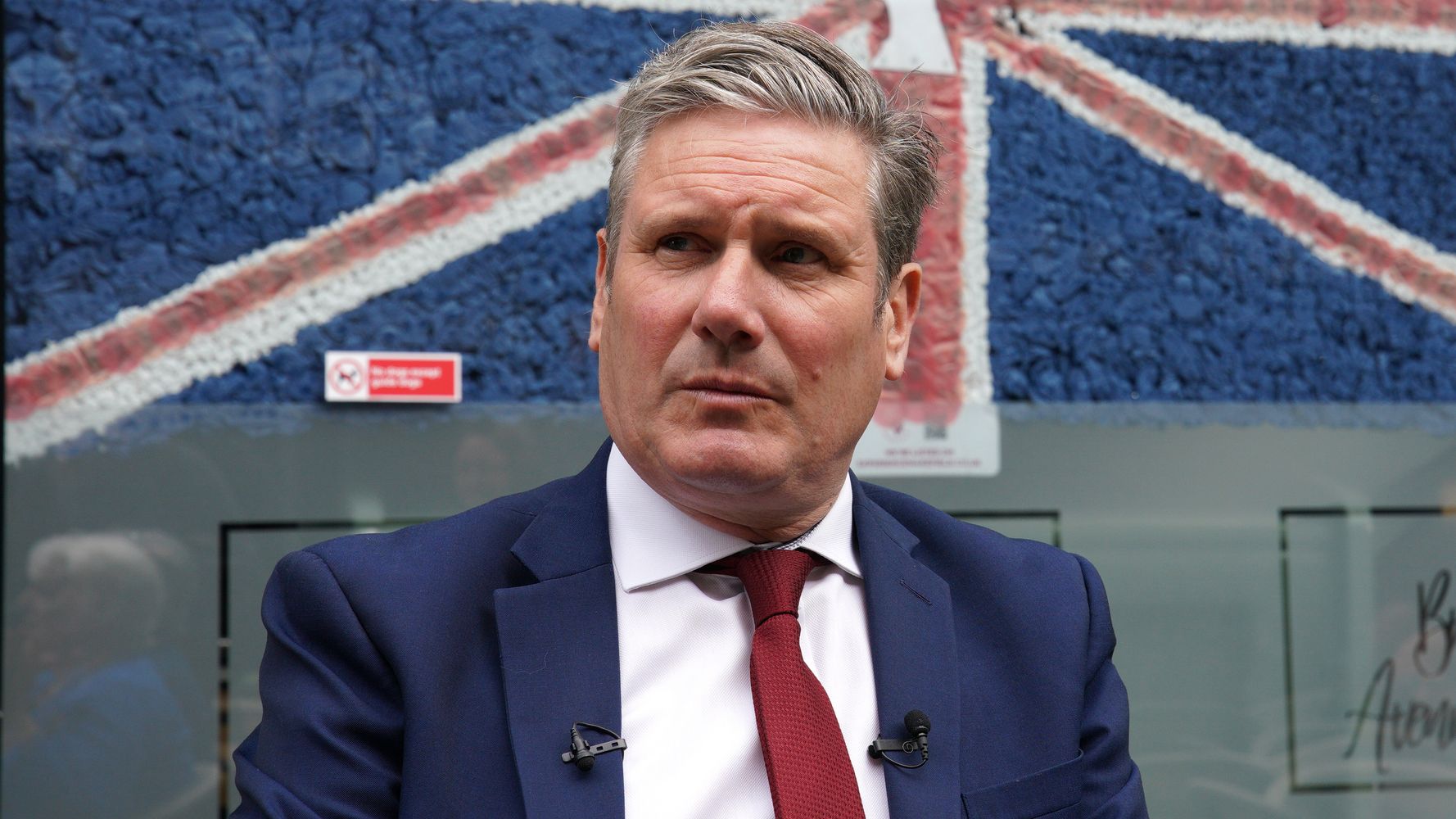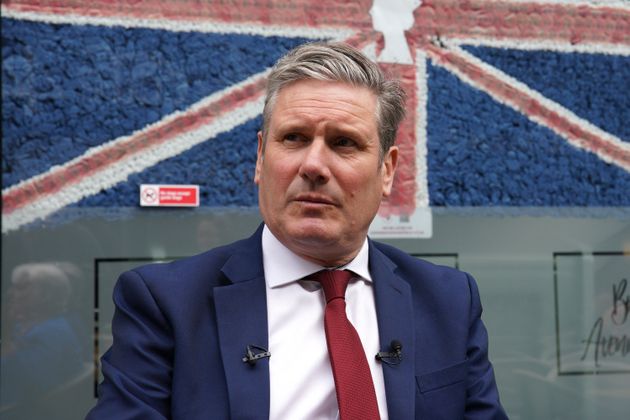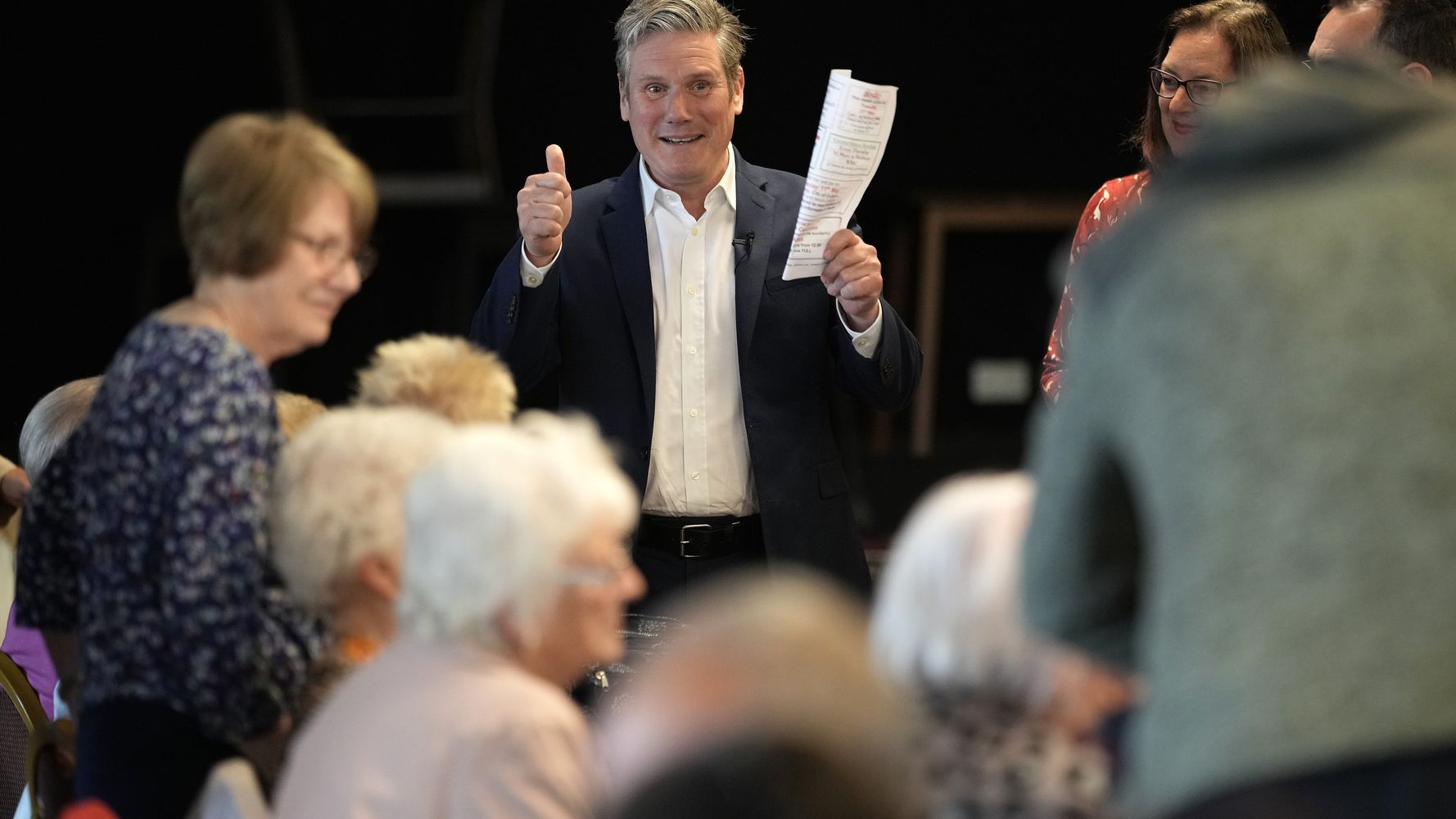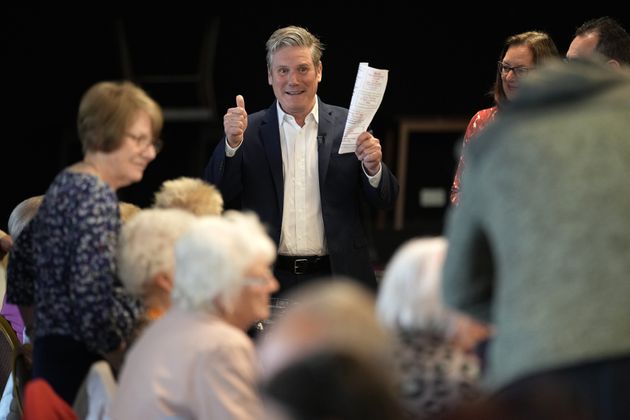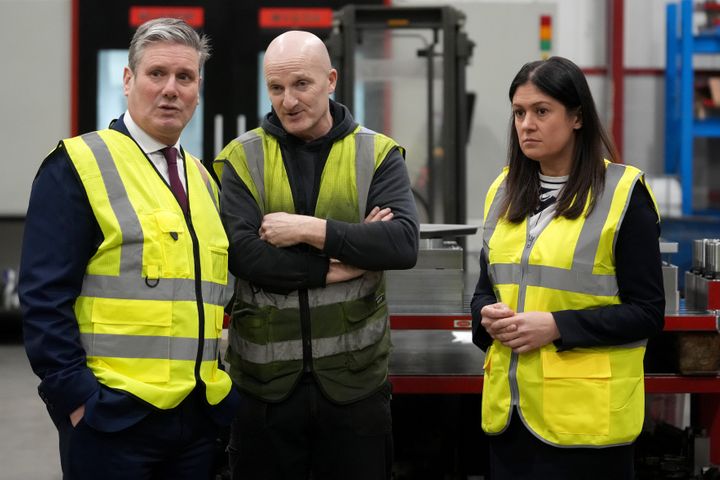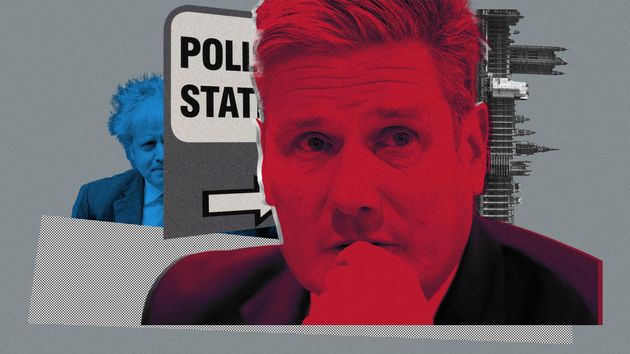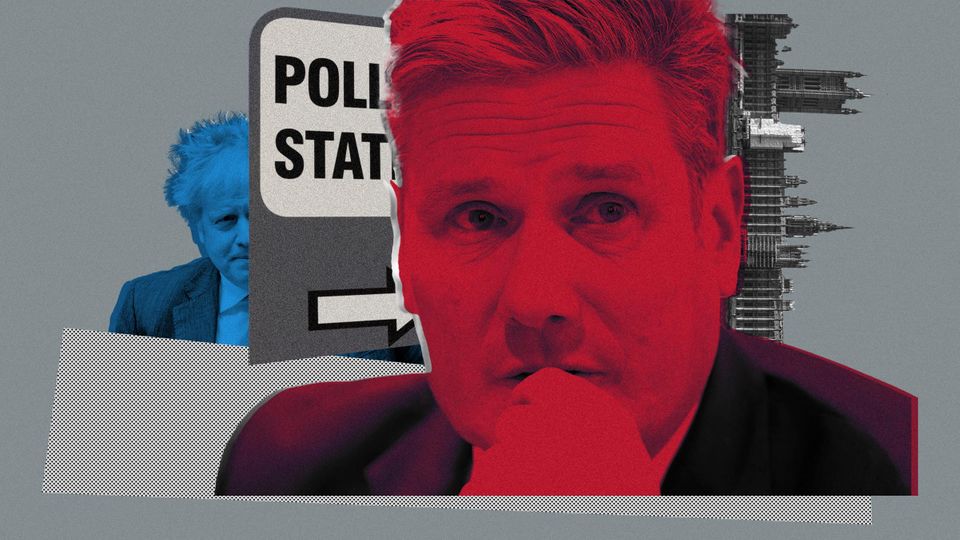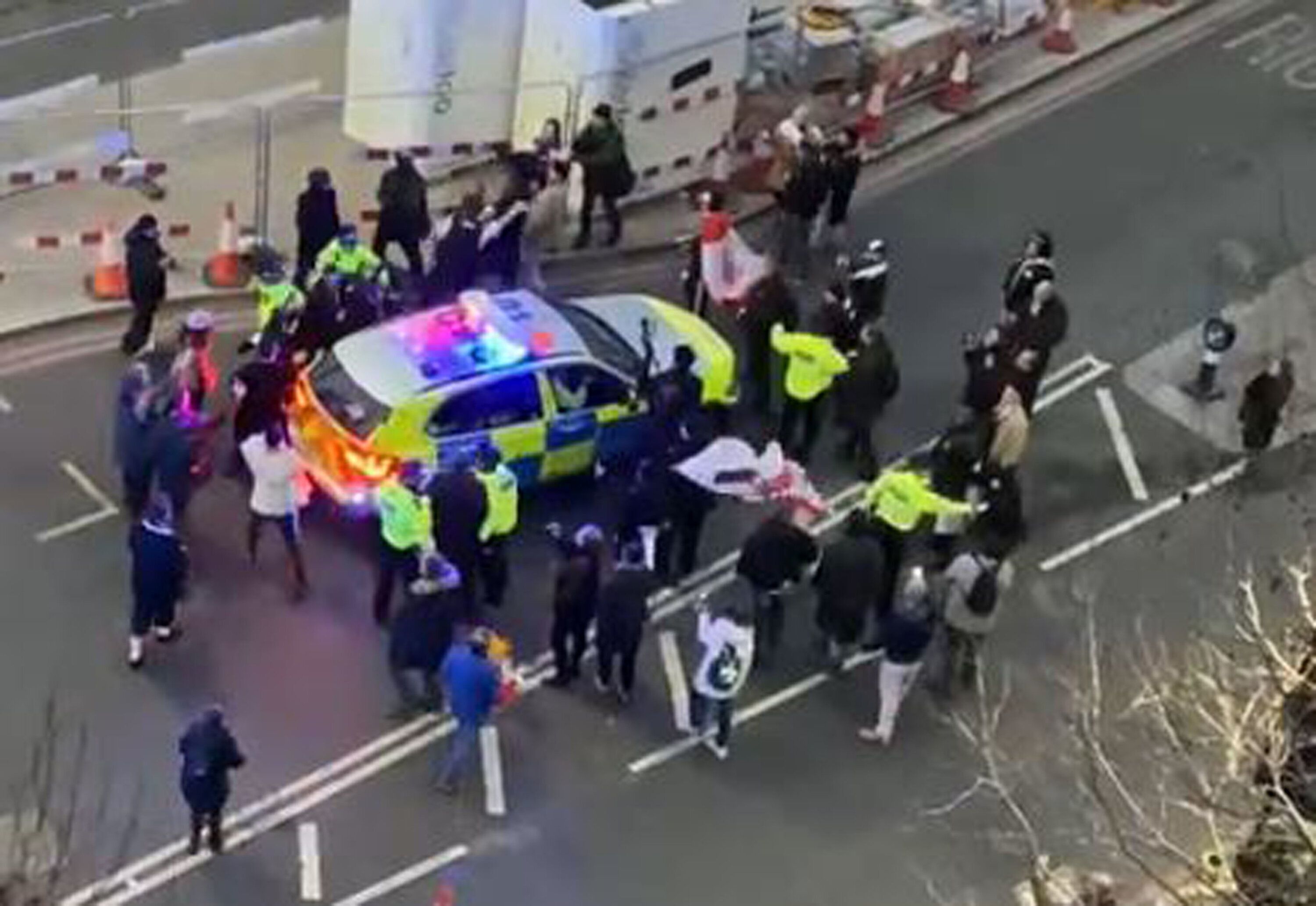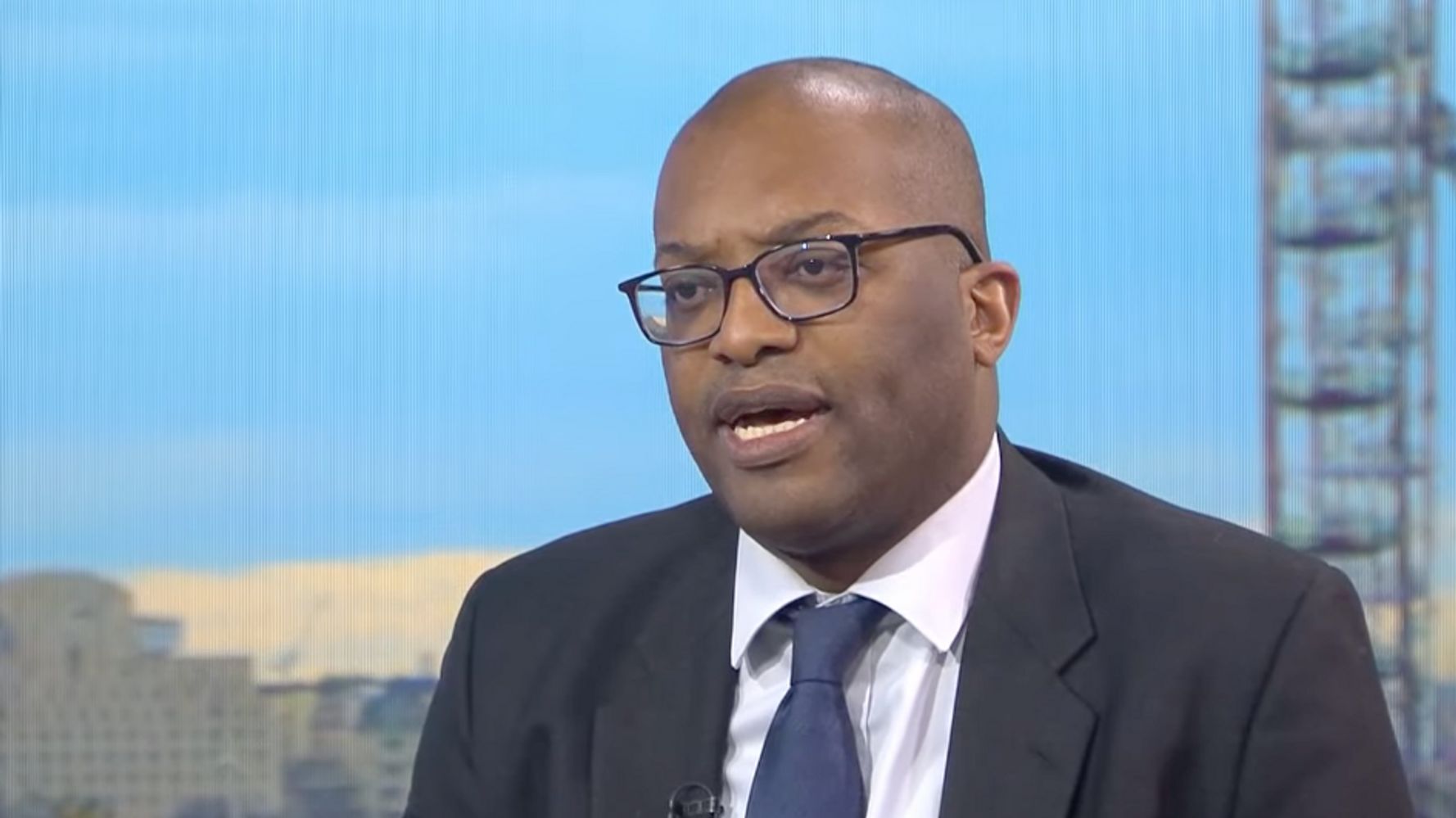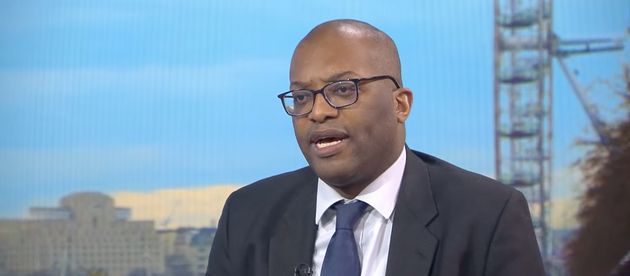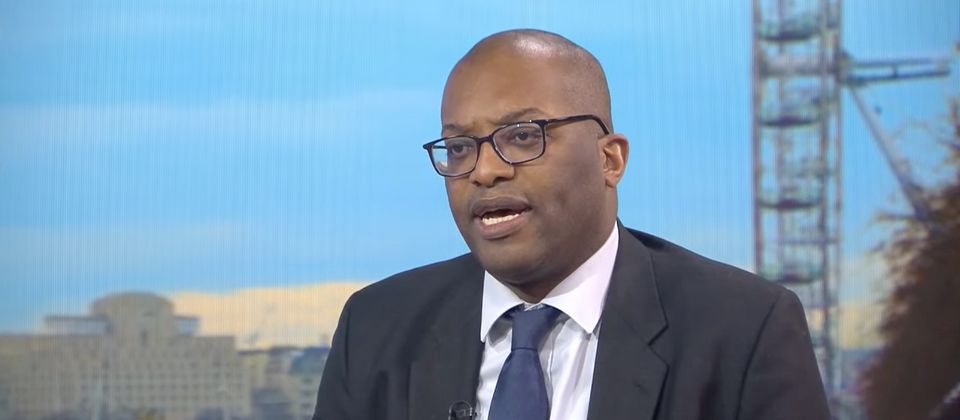In response to the report, Corbyn said allegations about anti-Jewish racism on his watch had been “dramatically overstated” by his political opponents.
Corbyn was reinstated as a Labour member in November 2020 but he still does not have the party whip, meaning he sits as an independent MP.
Hemingway told HuffPost UK: “I’m a committed anti-racist and I think anti-Semitism is a scourge that should be eradicated.
“I’ve never hid the fact that I supported Jeremy Corbyn for leader and I voted for Rebecca Long-Bailey to be deputy…but I have always respected Keir’s right to lead the party.”
Hemingway also pointed out that as soon as the EHRC report was published he called for the party to adopt the IHRA definition of anti-Semitism in full.
HuffPost UK understands that Loto wants either Kate Dearden, who works for the Community union, or Simon Lightwood, a former staffer for ex-Wakefield MP Mary Creagh, to be the party’s by-election candidate.
Both are known to have supported Remain in the EU referendum, which some local sources say may be a disadvantage in a seat that voted to leave the EU by 66.3 per cent.
When Dearden confirmed via Twitter that she was standing in the by-election, her post was retweeted by Deborah Mattinson, Starmer’s director of strategy. The retweet was later undone.
Other candidates who have confirmed they want to stand for Labour in Wakefield include Sam Howarth, who used to work for Starmer’s ex-political secretary Jenny Chapman, and who now works for Dan Jarvis MP.
Wakefield councillor Michael Graham has also confirmed he is seeking the Labour nomination, as is law student Jakob Williamson.
One Labour insider told HuffPost UK: “Loto have seen Jack’s tweets and they are not happy.
“They are going to put it down to two names: Kate and Simon. And they are going to keep Jack off.”
A local source said: “The most important thing is that we have a candidate that can withstand a by-election.
“You’ve got to have a candidate that is fireproof.
“Keir Starmer simply cannot afford to lose this — end of. He’s got to win, and he’s got to be very, very careful that he gets the right candidate.
“Keir is trying to put out a particular image and he cannot afford to take any risks.”
A Labour source with knowledge of the region said there was a perception within the local constituency Labour party (CLP) that the candidate shortlist would be a stitch-up.
“The CLP are convinced that their local choices are going to be blocked,” they said.
“It’s pretty clear that the leaders’ office want Dearden, and a screen grab of Deborah Mattinson retweeting her launch has spread like wild fire as proof of that.
“Locally there’s a feeling that the higher ups have made their mind up of who is acceptable and who isn’t.
“Everyone is really worried that it’ll be a shortlist of non local people foisted on us so we have to choose the lesser of the evils not who we really want.
“Kate is not from Wakefield and doesn’t know the membership. There’s going to be a big push back against anyone seen as being parachuted in.
“It’s not the sort of place that will take kindly to it.”
A local party member added: “The CLP have made it clear they want someone who has a genuine connection to the area and not someone who has been flown in.”
The NEC drew up its longlist on Wednesday, with shortlisting and interviews taking place on Thursday.
Hustings will be held on Sunday May 15, when local members will choose the candidate.
A Labour Party spokesperson said: “Working people in Wakefield have been badly let down by Boris Johnson’s Conservatives, who ignored serious allegations of child sexual assault against their paedophile former MP Imran Ahmad Khan before his election.
“Wakefield deserves better and our selection process is now underway.
“Party members in the constituency will consider a shortlist in the coming days and be able to choose the Labour candidate to be Wakefield’s new MP.”
Labour lost Wakefield to the Tories by 3,358 votes at the 2019 general election after holding the seat since 1932.
Imrad Ahmad Khan tendered his resignation on May 3, three weeks after he was found guilty of sexually assaulting a 15-year-old boy.
A date for the by-election has yet to be announced.
